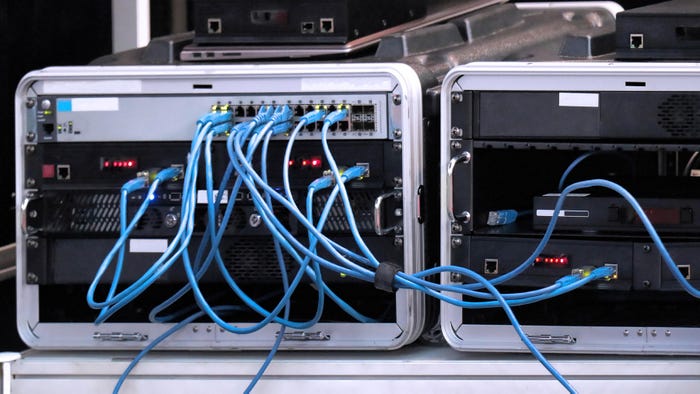The landscape of IT infrastructure management is being transformed by the emergence of data center appliances. These innovative solutions integrate hardware and software into pre-configured packages, streamlining operational processes and reducing setup complexities for businesses.
As companies strive to optimize their data centers, the adoption of purpose-built appliances presents a compelling alternative to traditional component-based deployments. While establishing physical data center spaces may seem straightforward, the real challenge lies in efficiently deploying and managing IT equipment within these facilities. From server setup to software provisioning and ongoing maintenance, the demands on resources and efforts are significant.
To address these challenges, vendors offer data center appliances that simplify the rollout of IT equipment by bundling hardware and software required for specific use cases on preconfigured devices. This approach significantly streamlines the setup of IT infrastructure within data centers.
However, while data center appliances offer advantages, they may not always be suitable for every use case. It is essential to weigh their pros and cons and consider whether they align with your specific IT requirements and long-term infrastructure strategy.

Organizations must carefully evaluate if data center appliances align with their specific IT requirements and long-term infrastructure strategy. Image: Alamy.
What is a Data Center Appliance?
A data center appliance is a ready-to-use device that includes the key software and hardware components for running a specific type of IT resource.
Examples of common types of data center appliances include:
-
Servers that can function as network routers or load balancers by providing the hardware and software for routing traffic, inspecting packets and so on.
-
Storage appliances, which include the hardware and software for setting up large-scale storage infrastructure.
-
Servers designed to host machine learning models.
Benefits of Data Center Appliances
You certainly don’t need a data center appliance to support use cases like those described above. You can set up your own servers to handle tasks like network management, storage, backups, or machine learning.
However, by utilizing data center appliances to meet these needs, businesses can benefit from the simplicity and convenience they offer. With all the necessary components bundled into a single, preconfigured box, technicians only need to plug them in to get started.
Some data center appliances also provide enhanced vendor support, simplifying the support and maintenance process. When purchasing an appliance from a vendor, comprehensive end-to-end support is typically included for all hardware and software components, eliminating the need to engage multiple vendors for support.
The Drawbacks of Appliances in the Data Center
Despite their advantages, data center appliances come with potential drawbacks:
-
Limited flexibility: Data center appliances often offer limited customization options, forcing users to work within the settings provided by vendors.
-
Vendor dependency: Relying on data center appliances can create a dependency on the vendor for support and upgrades.
-